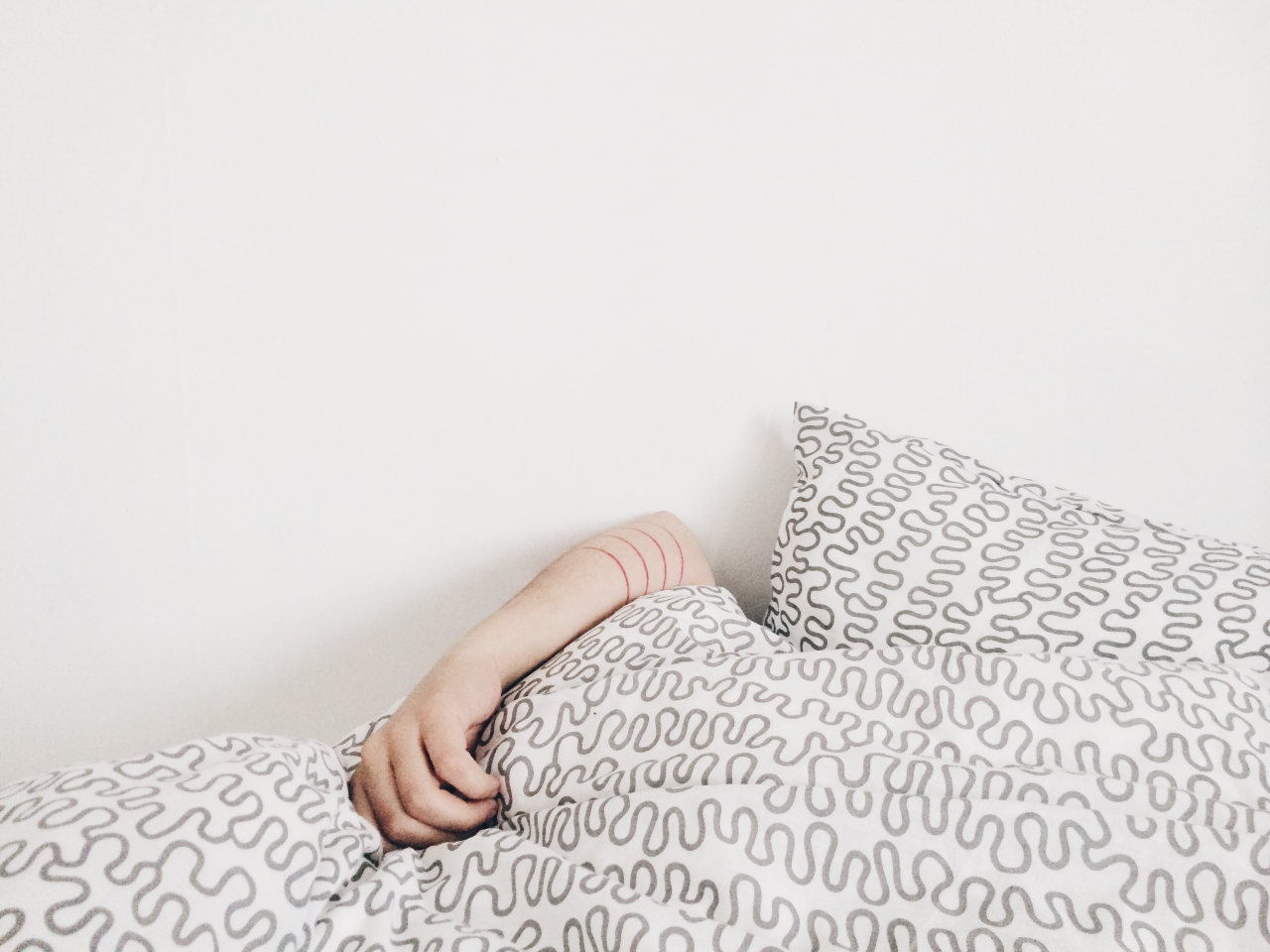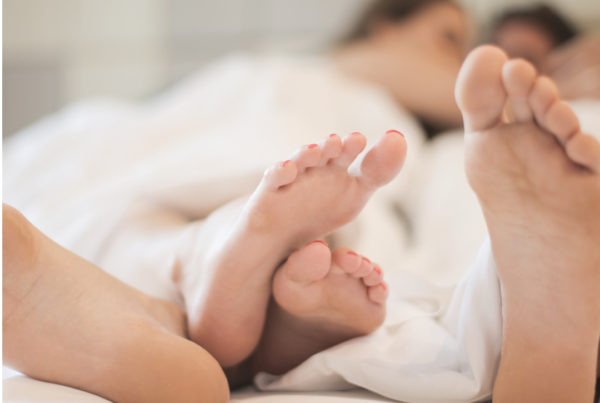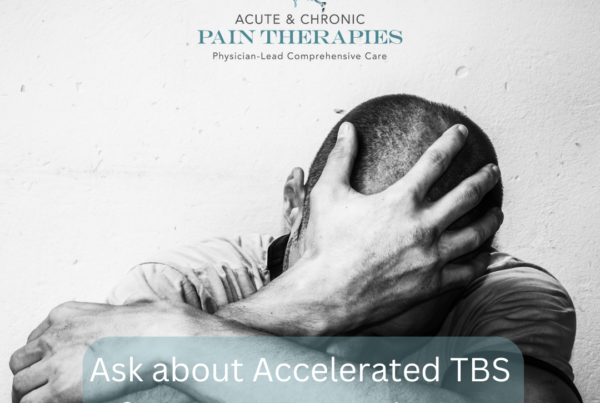
Sleep Shouldn’t Be a Pain!
The link between depression, chronic pain and sleep – it’s real. Recently Drs. Fisk and Julian were featured on Valley Sleep Center’s podcast with host Lauri Leadley, CCSH, RPSGT, President, Clinical Sleep Educator and Sleep Coach.

The link Between Depression, Chronic Pain & Sleep
We’ve all experienced a poor night’s sleep before. Tossing and turning – looking at the clock thinking, if I can only fall asleep right now, I’d get 4 hours – then 3 hours – then before you know it, the alarm is ringing and dragging yourself out of bed is painful.
Why aren’t you sleeping well? For some patients, the answer has to do with mental health – they’re feeling depressed, or are on medication that causes sleepiness throughout the day, therefore interrupting what should be a solid night’s sleep. In some cases, chronic pain is the culprit and trying to find that comfortable position is nearly impossible. Joint pain, arthritis, post surgical pain, restless leg syndrome – all those and more – can be the cause of a poor night’s sleep.
If you are experiencing a lack of sleep due to depression, anxiety, PTSD or chronic pain, please contact our office to schedule a consult with either Dr. Fisk or Dr. Julian. You don’t have to suffer. Sleep is a time to restore energy! The benefits of a good night’s sleep are:
- Get sick less often.
- Stay at a healthy weight.
- Lower your risk for serious health problems, like diabetes and heart disease.
- Reduce stress and improve your mood.
- Think more clearly and do better in school and at work.
- Get along better with people.
#bewell #sleepwell






